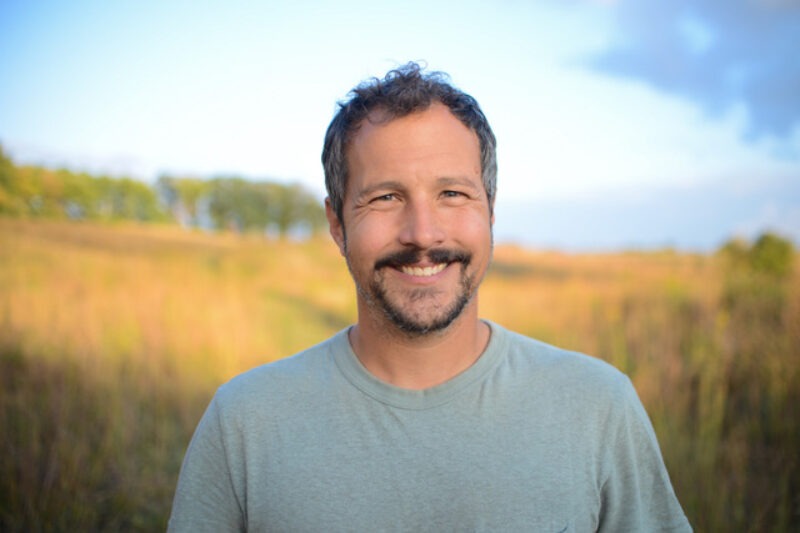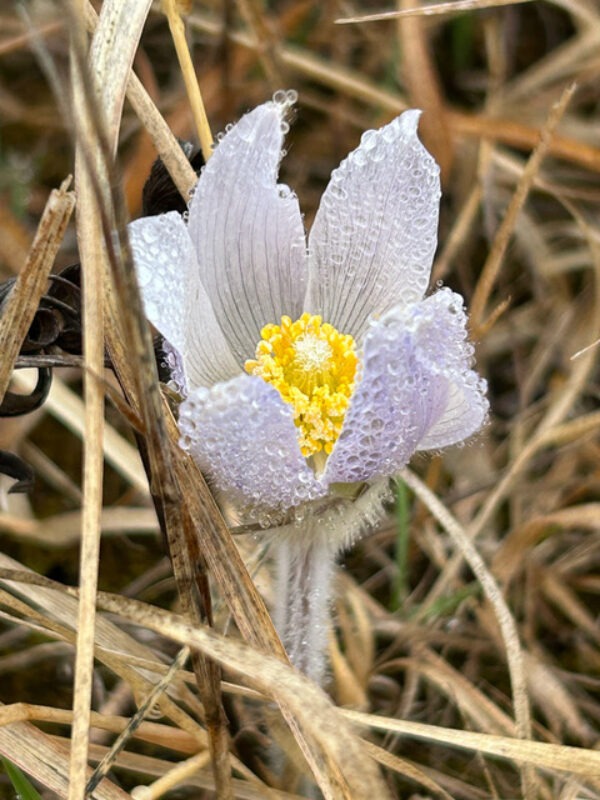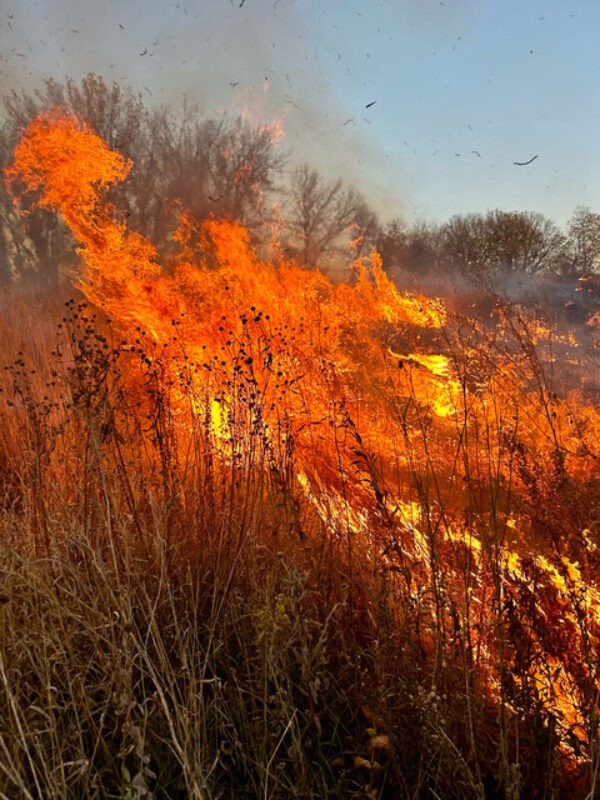
Written by Alex Blondeau, Upstream Care for Place Fellow 2025
There was a time in my life—a time that now feels like it was quite some time ago—when I was a professional student of theology. I was used to a certain social tension that always seemed present in those circles, especially when meeting new people. There was a pressure that everyone seemed to feel to determine, as quickly as possible, what style of religious thinker the other person was. This was considered an essential exercise so one could discern which topics were “safe” for further discussion.
I’m sure we all engage in versions of this in various aspects of our lives. Sometimes it’s less intense, other times more. A child’s sporting event, a family reunion, a school board meeting—connection and real conversation would feel so good, but in many contexts, it might not feel worth the risk.
It has been nearly ten years since I completed my theological studies and moved back to my hometown of Fergus Falls. Since returning home, I’ve sought out contexts where that tension is less prominent. The work I’ve chosen—operating a native plant nursery—is relatively solitary, but I’ve noticed that during my social engagements at farmers markets, educational presentations, and the like, there’s a refreshing lack of needing to determine “what team” other people are playing for.
 When you look deeply at a pasque flower, you are spoken to in a nonpartisan language. When you come to love these unique forms of life, you’re opened to rhythms in which we all can participate. There are no teams here, just the dance.
When you look deeply at a pasque flower, you are spoken to in a nonpartisan language. When you come to love these unique forms of life, you’re opened to rhythms in which we all can participate. There are no teams here, just the dance.

One such number within that infinite dance is the prescribed burns we do regularly on our prairie reconstruction. From a management perspective, I conduct these to help increase native species diversity and richness. From the perspective of those who come to help, it probably has more to do with the excitement of setting fire to an entire field!
How many places in our lives can a diverse collection of friends and neighbors gather together and engage in exciting, potentially dangerous work like this? Communication and coordination are crucial. People need to be alert and looking out for one another. When the bodily safety of others is on the line, strangers can become friends fast. It’s a lovely thing, and at the end of the day, we can all look back and feel like we were a part of something good.
We have cared for each other while caring for the land. And as the sooty streak marks across our weary faces make plainly evident, we have learned to dance together—regardless of the jerseys we wear.
What’s Your Upstream Story?
We share stories of stewardship written by and about Minnesotans like you! Share your story here.
Alex Blondeau lives in Fergus Falls, Minnesota, among the hills that once formed the shores of Glacial Lake Agassiz. He was first introduced to the region’s natural wonders on hunting trips with his father, an art teacher and avid outdoorsman. Alex holds undergraduate degrees in fine arts and a PhD in theology from Luther Seminary in St. Paul. He is the owner of Windflower Natives, a mail-order native plant nursery specializing in some of the more difficult to find native plants.